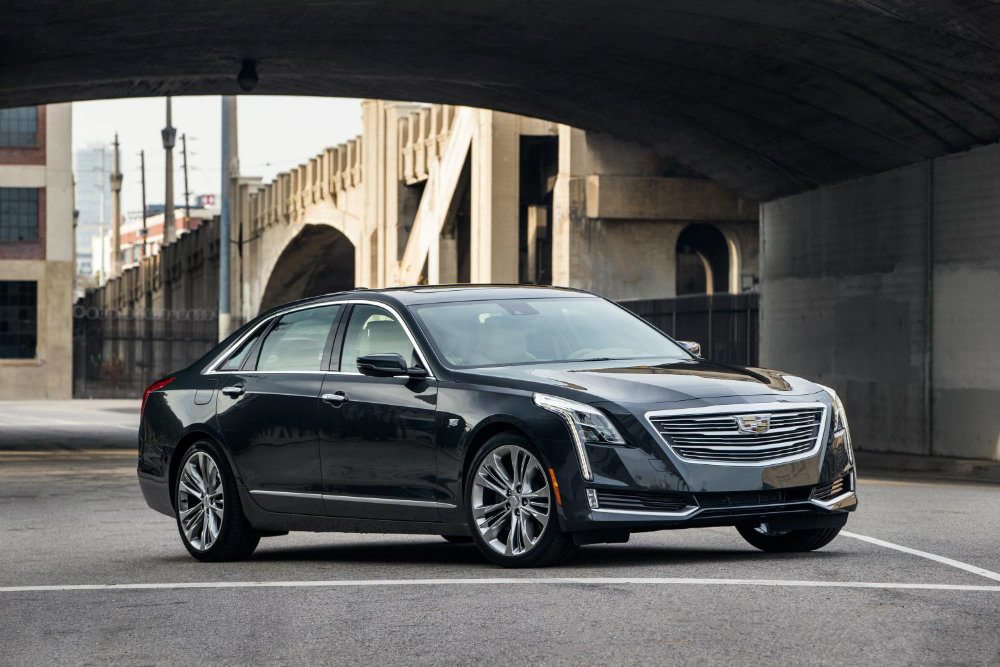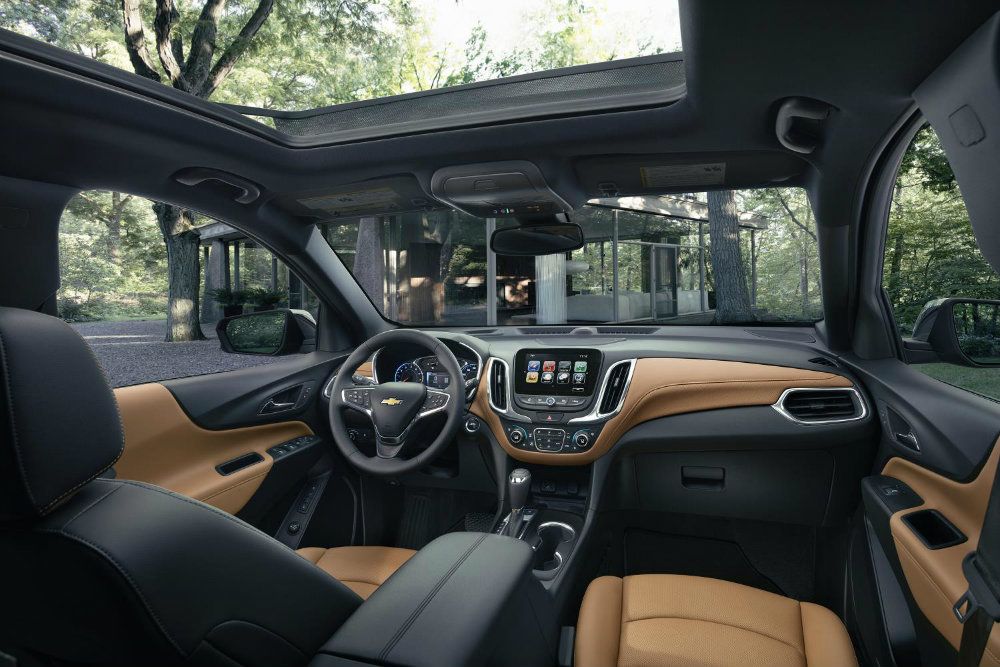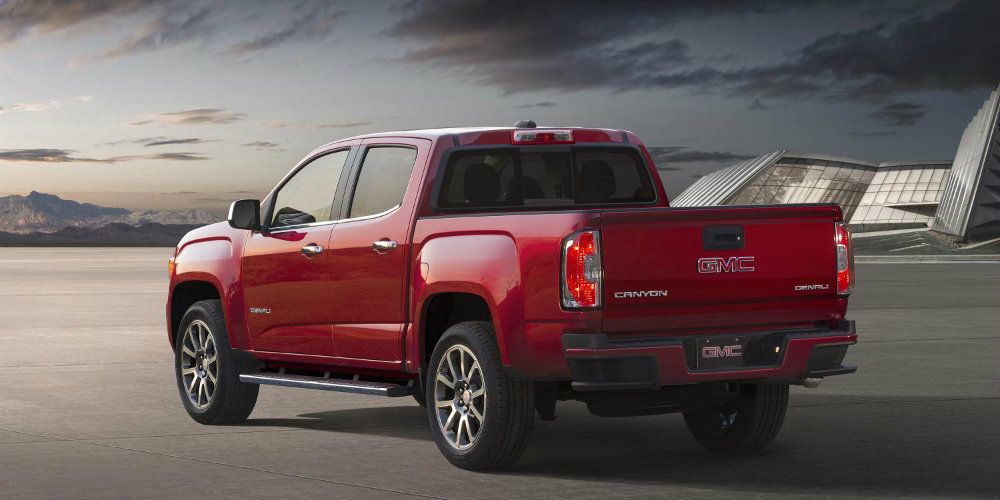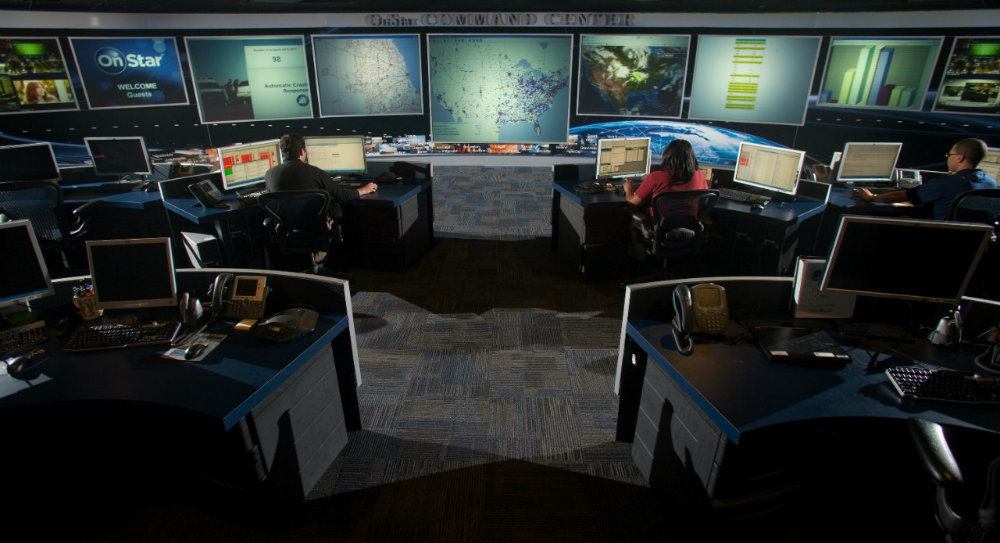Watson and OnStar aim to improve your . . . I was going to say driving, but this has nothing to do with actual driving, with maneuvering a car over a ribbon of road; no, this has more to do with fully and efficiently using your car in your daily life.
Good?
Okay, I’ll go with good for now.
Sort of.
Meet Watson
Most of you know OnStar, General Motors’ in car assistant thingo. It started out as a direct call to mobile concierge type of person, but has evolved into something more along the lines of Apple’s Siri; all digital and aiming for some sort of humanity expressed in ones and zeros.
Watson, of course, is this smart computer system that IBM came up with a while back. I want to say it was a spin off from all of their chess playing machines (Deep Blue, Big Blue, We’re Going to Beat Gary Kasparov Until He Turns Blue), but Watson really gained prominence when it won at Jeopardy. Then IBM changed it from Alex Trebek’s nightmare into a medical diagnosis machine.
Now, a GM/IBM consortium will upgrade the existing OnStar services by introducing new Watson-derived capabilities. Rolling out by the end of 2017, the improved system will be available in more than two million vehicles and millions of GM vehicle brand app-enabled mobile devices in the United States.

General Motors and IBM recently announced a partnership to bring OnStar and IBM Watson together to create OnStar Go, the auto industry’s first cognitive mobility platform. Starting in early 2017, the platform will deliver personalized content and experiences supported by the OnStar Go ecosystem. For example, when low on fuel, the technology can activate a gas pump and pay from the dash, or order a cup of coffee at a drive thru. Customers can receive news and in-vehicle entertainment tailored to their personality and geographic location. Photo: General Motors.
Implications
Now, here’s where things get sticky in the GM press release: “With the customer’s consent, Watson will learn the driver’s preferences, apply machine learning, and sift through data to recognize patterns in their decisions and habits.”
Do I really have to crack that open, word by word? I hope not. Besides, those first four words skeeve me out: “with the customer’s consent” Yeah, and I’m sure we all read every last word of our iTunes EULA before we click “accept.” This all sounds like it could be sinister. Something that has the fine fellows at Fort Mead licking their chops and rubbing their hands in anticipation.
But it’s not, at least not from the get go. No, it’s even more banal and frightening than that: Marketing.
The data that OnStar and Watson will gather will “allow brand and marketing professionals working with IBM and OnStar to deliver individualized location-based interactions that directly impact their target audiences.”
Which to me sounds like OnStar/Watson will respond to your request of, “hey OnStar, where’s an Italian restaurant around here?” with “here are the four closest Olive Gardens.”
Translation
Or, as GM alliterates: “Companies in retail, fuel, hospitality, media and entertainment, restaurants and travel, transportation, and more can use OnStar Go to build individualized mobile, in-vehicle experiences for a growing population of connected drivers that opt-in.”
Or as I would put it: “A bunch of off-shore corporate entities are going to bend, fold, staple, and mutilate who they think you are as an individual, render you into a bunch of digestible bits and bytes, and make you believe you have a choice in picking pre-packaged “in-vehicle experiences” (whatever that means) since you frantically want to be part of that mobility of drivers that supplicate themselves to tech trends, melded with the celebrity of half-talents.”

The cognitive mobility platform was designed and developed by IBM iX in conjunction with OnStar. iX is also working with GM to design more intuitive interfaces for drivers. Such interfaces will provide things like location specific weather data and warnings through The Weather Company, an IBM Business. GM launched OnStar 20 years ago and by the end of 2016, expects 12 million OnStar capable vehicles will be in use worldwide, more than any other automaker. Photo: General Motors.
Over Reliance?
Here’s some chilling examples straight from GM:
- “OnStar Go taps Watson Personality Insights and Watson Conversation APIs to remind a working father to pick up diapers and formula at the pharmacy a few miles before his exit, so he won’t have to leave the house again once he gets home.”
- “The platform employs Watson Tradeoff Analytics to give a traveling foodie dining recommendations from celebrity chefs when driving in a new city.”
- “Watson Retrieve and Rank, used by OnStar Go, lets the driver know that their order is ready for pickup at a nearby retail store and one of the store’s employees will load their purchases into the car.”
Or, “OO look! Taylor Swift likes Chili’s too! And there’s one only 6.34 miles ahead. Boy, I could go for something ethnic … OnStar/Watson, you know me so well!”

The GM/IBM partnership will expand the existing OnStar AtYourService offers and deals platform by launching new capabilities supported by OnStar Go with IBM Watson. These capabilities will be available in more than two million 4G LTE connected vehicles and millions of GM vehicle brand app-enabled mobile devices in the United States by the end of 2017. Photo: General Motors.
Human Interfacing
So far, ExxonMobil, Glympse, iHeartRadio, Mastercard, and Parkopedia have joined the platform, and will offer their respective services to GM customers. People spend more than 46 minutes per day in their car on average, and with that volume of time, they are looking for ways to enhance it, according to Phil Abram, Executive Director, GM Connected Products and Strategy.
“By leveraging OnStar’s connectivity and combining it with the power of Watson, we’re looking to provide safer, simpler, and better solutions to make our customers’ mobility experience more valuable and productive,” he said.
Yeah, sure, great, can you fit this into a Lotus 7? You can’t? Good!
Because you know what I’d like a car to do?
Go.
Turn.
Stop.
When I get hungry, I’ll notice some place like Memphis Minnie’s Bar-B-Que Joint and stop in there because I like the looks of the place. Shoot, I might even get into a real conversation with a real human while I’m at it, becasue my phone will be in the car.
Tony Borroz has spent his entire life around racing antique and sports cars. He means well, even if he has a bias towards lighter, agile cars rather than big engine muscle cars or family sedans.

OnStar command center in Detroit, Michigan as seen in this photo from Tuesday, June 14th, 2011. Photo: Jeffrey Sauger for OnStar.
Photos & Source: General Motors
http://www.automoblog.net/2016/10/28/74573/
No comments:
Post a Comment